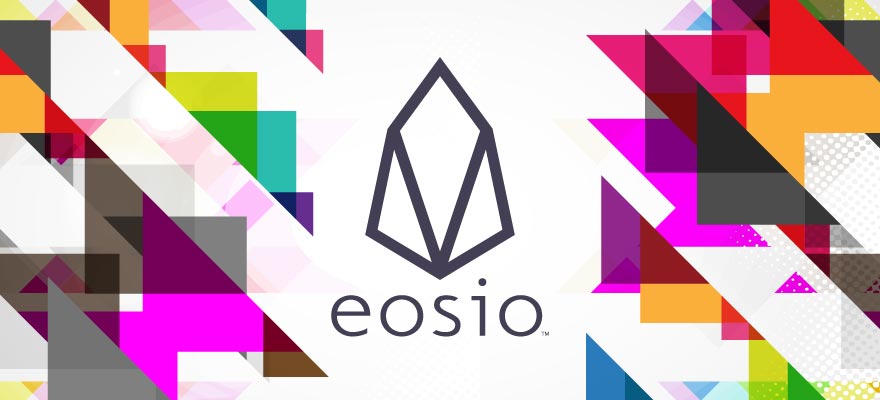Concers of centralization on the erupted this week when analyst in the crypto community began to wonder if the concerns that Ethereum creator Vitalik Buterin had laid out in a blog post earlier this year had come true.
A twitter account operating under the name “Maple Leaf Capital” posted several screenshots of what appeared to be a leaked Excel spreadsheet containing evidence that China-based , one of the world’s oldest and largest cryptocurrency exchanges and an EOS block producer, was accepting bribes in exchange for supporting certain governance decisions.
— Maple Leaf Capital (@MapleLeafCap)
The EOS network uses a known as Delegated Proof of Stake, which means that the network operates with only 21 ‘block producers’. These block producers are entities who have been elected to maintain the blockchain and add new blocks; just as in networks with Proof of Work and traditional Proof of Stake algorithms, these block producers are given token rewards in exchange for their work.
Damage Control is Underway, Despite Denial of the Allegations
Of course, Huobi has denied the accusations, and the claims are essentially unverifiable. However, EOS addressed the allegations nonetheless.
“We are aware of some unverified claims regarding irregular block producer voting, and the subsequent denials of those claims. We believe it is important to ensure a free and democratic election process within EOS and may, as we deem appropriate, vote with other holders to reinforce the integrity of this process,” wrote Block.one in an official statement on Tuesday. Block.one is the company responsible for developing the EOSIO software.
10/1/2018 Statement: EOS Public Blockchain Governance
— Block.one (@EOS_io)
While the allegations are serious, and cast a shadow on the EOS network, the practice of vote-buying hasn’t exactly been banned on the network. While there are statements against vote-buying in the network’s constitution, the constitution has yet to be ratified by the network’s users.
The allegations have caused some members of the cryptocurrency community to question EOS’ governance structure more adamantly, for more than one reason–“so many excellent BPs which, by almost all accounts, add tremendous value to the EOS community are currently being squeezed outside of the Top 21,” wrote Medium user Blockchain Kid.
“At the same time, Block Producers that lack basic governance disclosures, have added less in terms of value-add tools for the community, or who have only formally announced their candidacy within the last two weeks, are experiencing incredible voting support and have a place among the Top 21.”
Indeed, while the allegations may be untrue, the very fact that they are plausible seems to point out an inherent flaw in the EOS governance structure. Perhaps it’s time for the developers to address this.





Be First to Comment